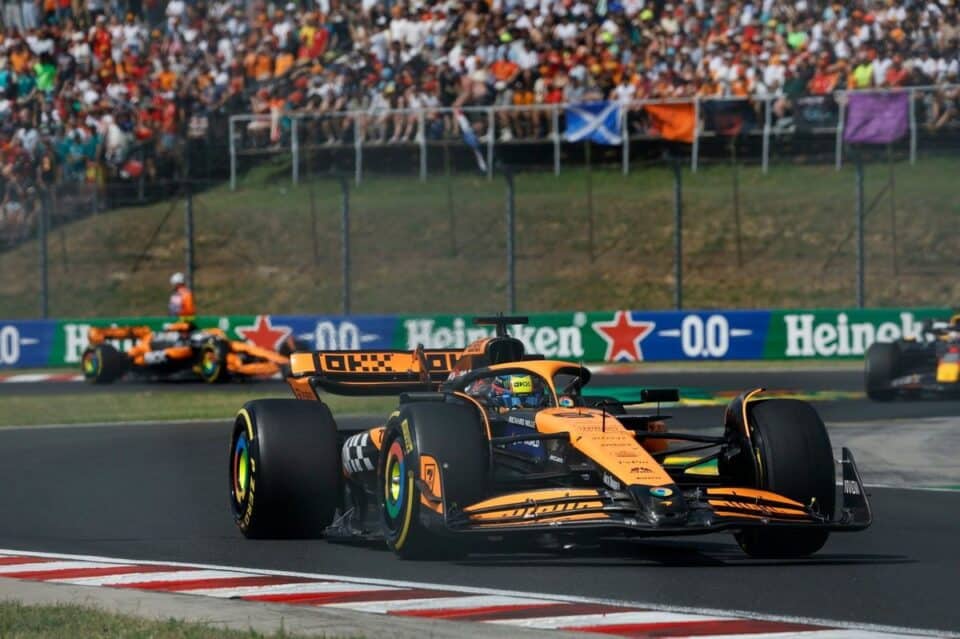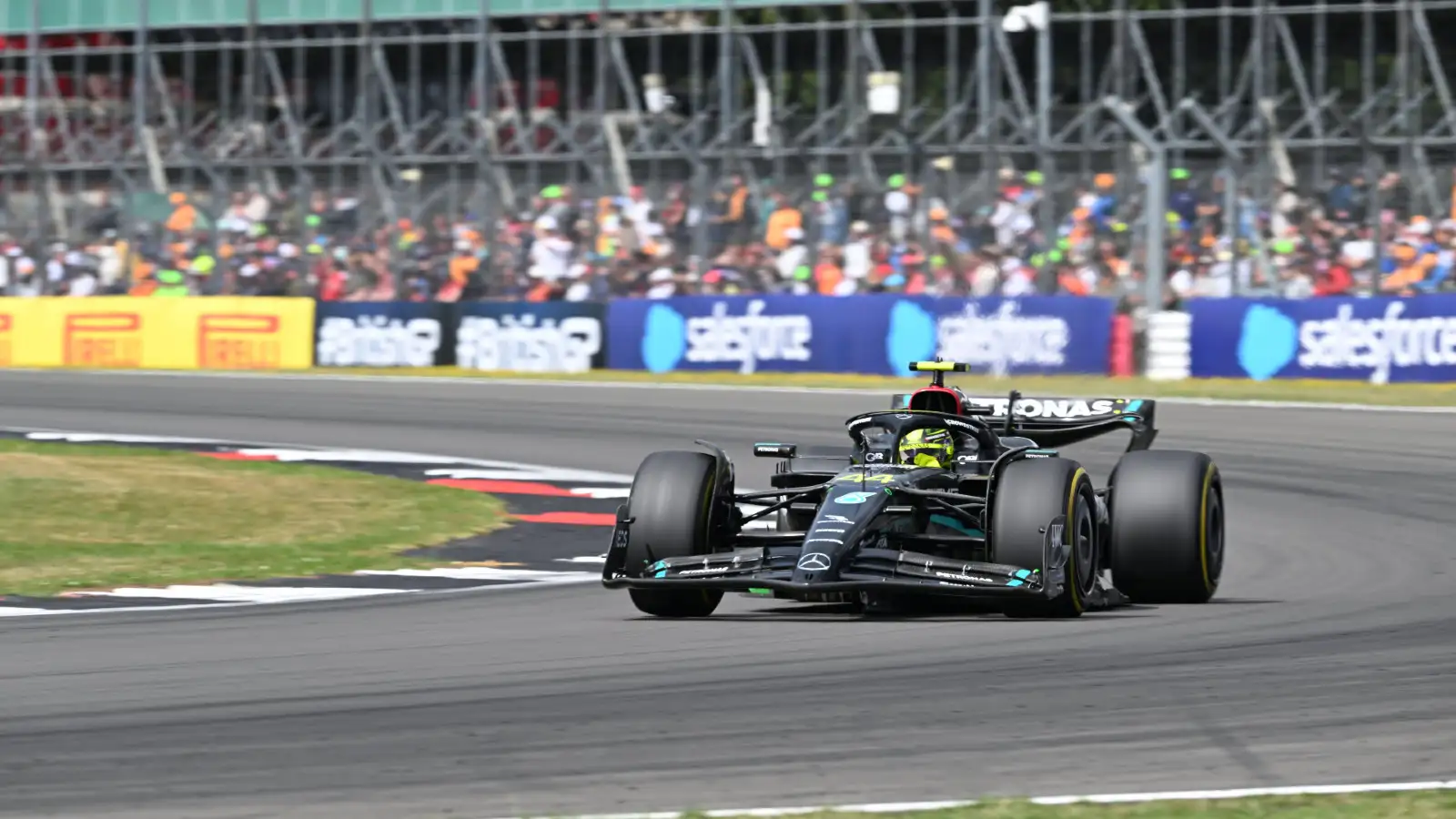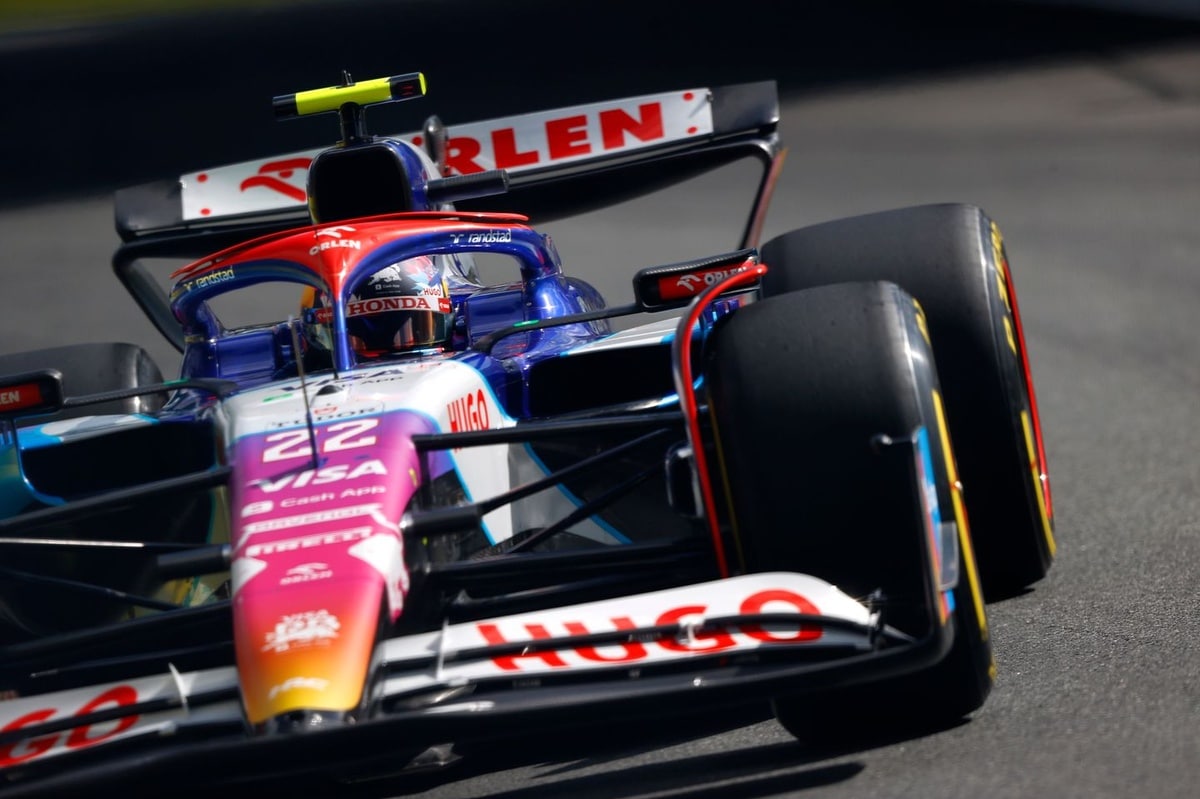The methods by which Formula One is managed surprisingly something of a meritocracy.
The methods by which Formula One is managed are surprisingly meritocratic. While the best car and driver determine championships, the sport’s governance has faced many bumps. Emerging from Europe’s fields, F1 experienced the FISA-FOCA war in the late 1970s. The Federation Internationale du Sport Automobile (FISA) and the smaller teams of the Formula One Constructors Association (FOCA) clashed, leading to the 1982 San Marino Grand Prix boycott. Disputes over money and regulations caused friction, with smaller teams feeling biased against in favor of giants like Ferrari and Renault.
The introduction of the first Concorde Agreement in 1982 marked a turning point. This agreement legally bound the teams, FIA, and the commercial rights holder, making governance more acceptable. However, McLaren CEO Zak Brown believes teams now hold too much power. Brown is known for his outspoken nature, calling out Red Bull for breaching cost caps. Christian Horner of Red Bull fired back, criticizing Brown for his accusations without concrete facts, claiming his employees’ children faced abuse due to these allegations.
The controversy didn’t end there. Brown recently criticized Horner and Red Bull after the clash between Lando Norris and Max Verstappen at the Austrian Grand Prix. While Verstappen received a penalty, Red Bull’s team radio suggested Norris was to blame. Brown accused Red Bull of lacking respect, both financially and on track. He emphasized the need for guiding drivers on right and wrong, suggesting that earlier intervention might have prevented such incidents.
Brown’s criticism extended to Alpine, accusing them of double standards. He described team principals’ meetings as ’embarrassing,’ pointing out former Alpine boss Otmar Szafnauer’s inconsistent stance on penalty points. Brown highlighted the need for the FIA to regulate fairly, allowing for a balance of wins and losses. He called for a simple majority vote to replace the current system, reducing teams’ authority in regulation discussions.
Brown advocates for shifting more power back to the FIA and Formula 1 to ensure fairness. He believes that a simple majority voting system could lower the bar for change but also empower smaller teams. Brown, having been part of the F1 commission, understands the complex dynamics at play. The new power unit regulations for 2026 showcase the influence of pressure groups on F1’s future. While hybrids were initially favored, Red Bull argued for V8 engines with biofuel, a stance now gaining traction.
The debate over F1’s direction continues, with McLaren’s Zak Brown at the forefront, advocating for fair and sporting values. He calls for less team authority and more FIA regulation. The evolving landscape of F1 governance is a testament to the sport’s dynamic nature, influenced by the push and pull of various stakeholders.
The ongoing debate over F1 governance and regulation highlights the complexities and challenges in ensuring a fair and competitive environment. Zak Brown’s vocal stance underscores the need for balance and fairness, as the sport continues to evolve and adapt to new pressures and realities.










